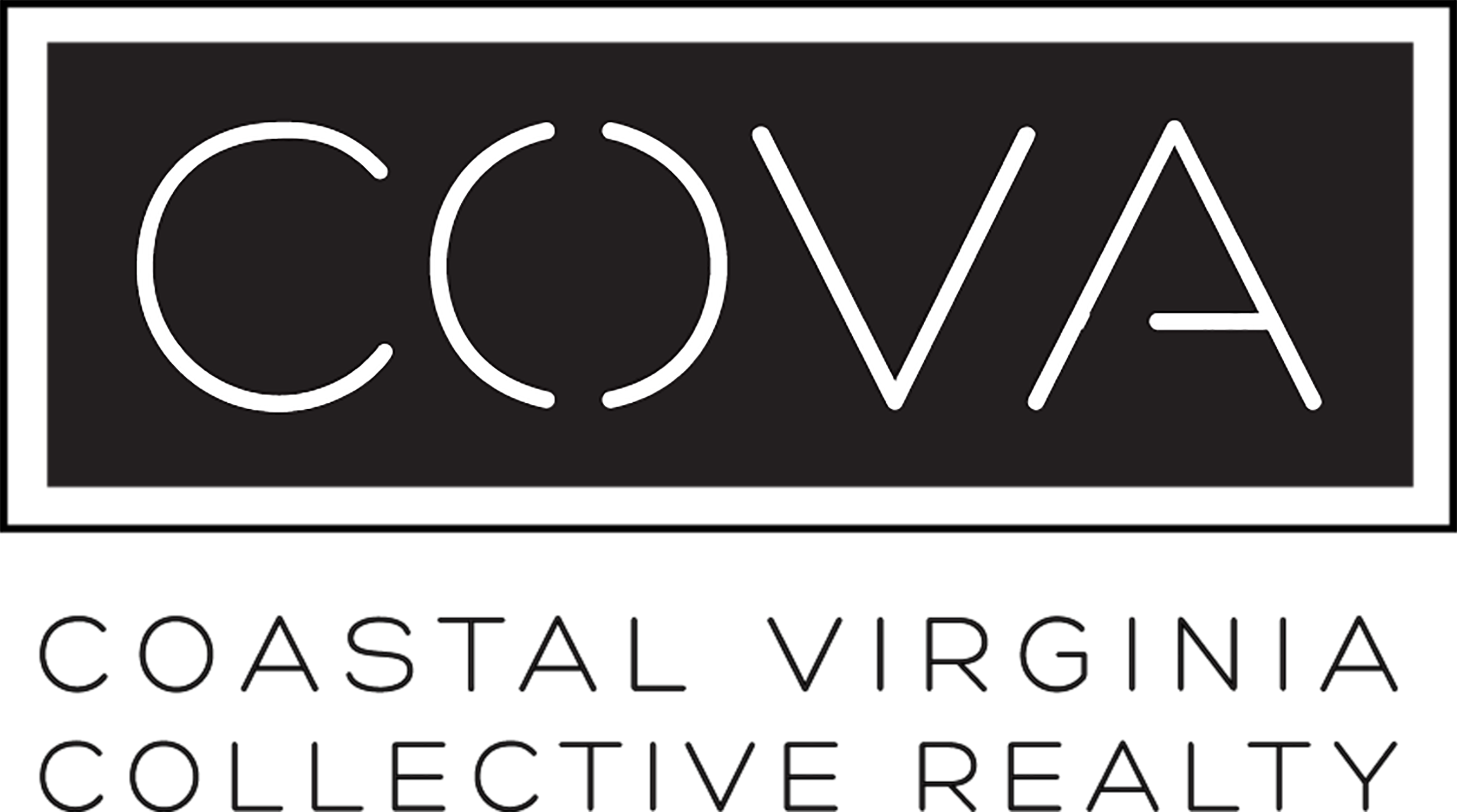When moving to Hampton Roads, it can be difficult trying to determine which city to live in. Whether you are PCSing, relocating for a job, or looking to settle down in the area, you may not know where to begin your home search. Norfolk is in the heart of Hampton Roads, has a population of approximately 244,000, and a dense, suburban atmosphere. We’ve compiled some information that will help you decide if buying a home in Norfolk, VA is right for you. At CoVA Collective Realty, we know all of the ins and outs – the pros and cons of Norfolk, Va.
Pro #1:
There are a wide variety of housing options in Norfolk. Compared to other areas of Hampton Roads, you’ll find everything from historic communities with quaint homes to waterfront neighborhoods with modern condos. Some of the best neighborhoods include Ghent, Larchmont, Lochhaven, Colonial Place, Waters Edge, and Larrymore Lawns. Downtown Norfolk is also a great place to purchase a home, especially if you prefer a walkable area that has its own main street with shops, restaurants, and other businesses. You can find unique single-family homes, sizable townhomes, and quite a few impressive condos. Overall, the only thing you won’t find a lot of in Norfolk, is new construction. If you’d like a newer home, check out East Beach.
Pro #2:
Norfolk has an overall lower cost of living. With a median home value below the national average, you can often find reasonably priced homes in Norfolk. That is not to say that there aren’t pricier areas of Norfolk. But generally speaking, you’ll get more for your money than in cities such as Virginia Beach. In the end, it comes down to your individual needs and price point.
Pro #3:
There are a multitude of things to do in Norfolk. You’ll find great restaurants and nightlife in Ghent and on Granby street, to name a few. At Waterside, you’ll find a collection of restaurants, shops, and bars, and this district also hosts popular festivals and concerts throughout the year. Norfolk has a thriving art scene, and there are numerous museums, concert halls, arenas, and even an opera house to check out. Norfolk is also home to two minor league sports teams. You can even catch college-level sporting events at Norfolk State and ODU. Outdoor attractions like the Norfolk Zoo and the Norfolk Botanical Gardens are a must. There are river cruises, historic sites, 114 miles of beaches, areas for hiking and biking, and great fishing spots on the Elizabeth River. And, that isn’t all!
Pro #4:
There are transportation options that the other cities don’t have. You’ll still need a car if you’re traveling from Norfolk to other cities in Hampton Roads, but Hampton Roads Transit offers a bus system, ferry service, and a light rail, all of which make getting around Norfolk a lot easier. Plus, there’s an electric trolley that provides transportation around the downtown area. There’s a cruise terminal downtown, and Amtrak runs service through Norfolk’s downtown station. Norfolk is also the only city in Hampton Roads that has an International Airport. Downtown Norfolk is very walkable, as are areas like Ghent, West Ghent, Chelsea, Highland Park, and East Beach.
Pro #5:
Norfolk is central to it all. There are interstates for travel between Norfolk and all of the other cities in Hampton Roads, as well as waterways that contribute to the city’s economy. Norfolk is the hub of the region, so the job market is quite dependable. The healthcare industry has a sizable presence in Norfolk. Shipping, banking, maritime, manufacturing, and biotechnology industries are prevalent. BAE Systems, General Dynamics, Norfolk Southern, and the Port of Virginia are just some of the area’s top employers. Not to mention Norfolk Naval Station, the largest military base in the world, and the biggest employer in Hampton Roads.
Con #1:
Traffic can be heavy in most of the cities in Hampton Roads. But, Norfolk traffic may be the worst. Accidents and backups are common coming in and out of Norfolk, and as you might expect, traffic is worse during rush hours. Downtown and midtown tunnel congestion adds to the problem, so if you will be traveling these routes, a good deal of time will be added to your daily commute. Parking can also be an issue depending on where you live. Some areas of Norfolk have narrow roads, a lot of off-street parking, and parking garages.
Con #2:
There is often a problem with flooding in Norfolk. When Norfolk experiences heavy rain, it just might flood. Many parts of the city are below sea level. And, flooding makes the already-heavy traffic even worse.
Con #3:
Compared to other cities in Hampton Roads, you’re going to want to pay close attention to the school zones when looking for a home. Some Norfolk Schools stack up better to others. But, in Norfolk you will have access to several great private schools. These include Norfolk Academy, Norfolk Christian, and the Williams School.
When moving to a new area, it is important to consider both the good and the bad before choosing a city to buy a home in. Norfolk is a lively and popular place to call home. As experienced Norfolk realtors, we can answer all of your questions about the pros and cons of Norfolk, VA, as well as any other areas of Hampton Roads.

